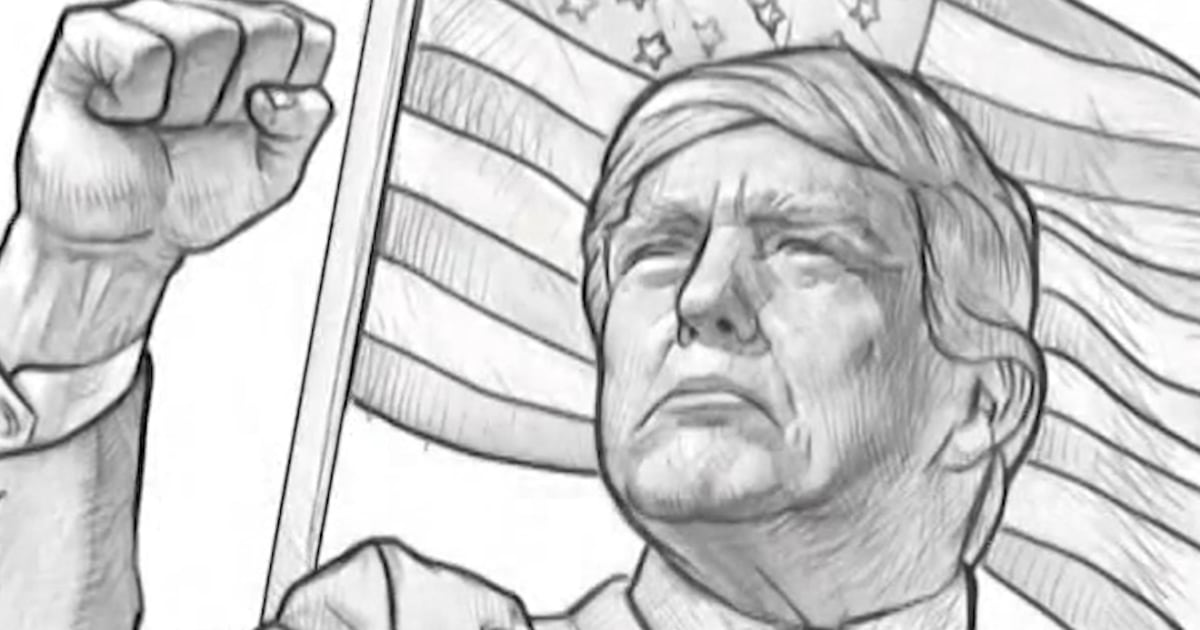The government shuts down, a celebrity couple calls it quits, and Taylor Swift releases a new album.
Source link
Oct. 4, 2025, 5:15 AM EDTBy Jeremy Mikula and Melinda YaoThe government shuts down, a celebrity couple calls it quits, and Taylor Swift releases a new album. Test your knowledge of this week’s news, and take last week’s quiz here.#embed-20251003-news-quiz iframe {width: 1px;min-width: 100%}Jeremy MikulaJeremy Mikula is the weekend director of platforms for NBC News.Melinda YaoI am an intern for data graphics team.Nick Duffy, Josh Feldman, Lara Horwitz and Jana Kasperkevic contributed.




